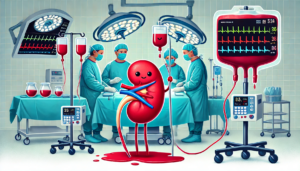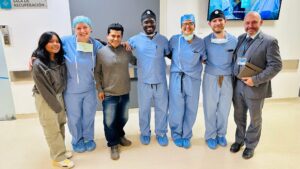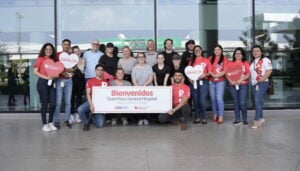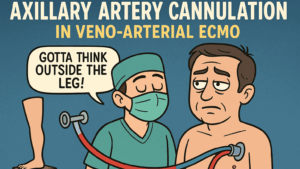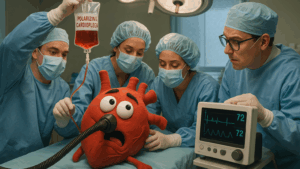Background: Despite advancements in critical care and coronary revascularization, cardiogenic shock (CS) outcomes remain poor. Implementing a shock team and use of veno-arterial extracorporeal membrane oxygenation (VA-ECMO) have been associated with improved CS outcomes, but its feasibility in remote and rural areas remains unknown.
Methods: This retrospective study included patients with CS who required mechanical circulatory support (MCS) at Health Sciences North, Sudbury, Ontario. The analysis aimed to accomplish 2 objectives: first, to review the outcomes associated with use of Impella (Abiomed, Danvers, MA) and, second, to assess the feasibility of establishing a shock team to facilitate the local implementation of VA-ECMO. The primary endpoint was in-hospital mortality.
Results: The outcomes of 15 patients with CS who received Impella between 2015 and 2021 were reviewed. Their average age was 65 years (standard deviation [SD]: 13), and 8 patients (53%) were female. CS was ischemic in 12 patients (80%). Transfemoral Impella CP (cardiac power) was the most frequently used (93%). Thirteen patients (87%) died during the index hospital stay post-Impella because of progressive circulatory failure. The shock team was established following consultations with several Canadian MCS centres, leading to the development of a protocol to guide use of MCS. There have been 4 cases in which percutaneous VA-ECMO using Cardiohelp (Getinge/Maquet, Wayne, NJ) has been used; 3 (75%) survived beyond the index hospitalization.
Conclusions: This analysis demonstrated the feasibility of implementing a shock team in remote Northern Ontario, enabling the use of VA-ECMO with success in a centre with a sizeable rural catchment area. This initiative helps address the gap in cardiac care outcomes between rural and urban areas in Ontario.


